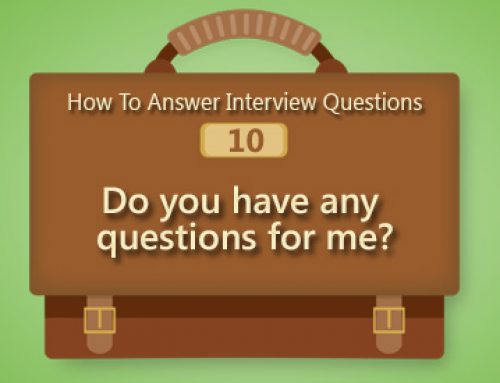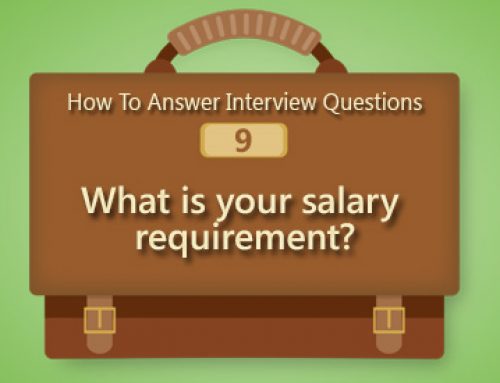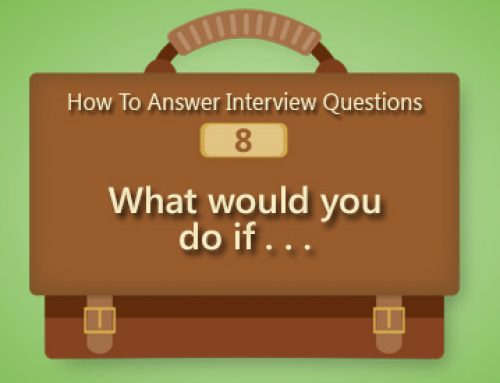2. “Why did you leave your last job?”
A great movie example for how to answer this interview question comes from the movie, Whiskey Tango Foxtrot. (2016) Tina Fey plays journalist Kim Barker, who went to Afghanistan to cover the war. During a casual conversation on why she came to Kabul she gives a long rambling answer that you really need to watch her deliver in the movie to fully appreciate. Her listener then says, “That is the most white woman story I have ever heard.” Therefore, avoid Kim’s mistake. Don’t share anything that puts you in a negative light. Rather, do this instead.
Good Interview Answers for this Popular Interview Question
To answer this frequently asked top ten interview question, here’s the interviewer’s side of what they want to hear (and don’t want to hear) in response to this common job interview question.
Alternate versions of this question include:
- “Why do you want to leave your current company?
- “What were the circumstances around your leaving company XXX in 2001?
- “Why did you leave this employer?”
Your answer should be:
- short – 1 minute or less
- honest, unemotional and factual
- expressed in positive terms
- an explanation that provides context and answers unspoken questions
- a focus on your future desire with what you bring of value to them
Your answer should not be:
- negative
- blaming other people
- anything bad about prior company, boss or coworker
- a lie
Here’s How to Create Your Answer:
Do this if you are unemployed:
First of all, be very business-like and unemotional. Additionally, keep it short. And just share the relevant facts of what occurred. Furthermore, even if the circumstances were negative, identify what you’ve learned from that experience.
In addition, if you were laid off, provide a context that gives them evidence that this was not due to any performance problem on your part.
Example #1
“Finally, despite my being in the top category in the performance appraisal for the department, they were forced to reduce from 28 people to only 2.”
Example #2
“No, I’m actually in transition right now looking for that next opportunity. My position at the XXX, as you see, was eliminated as you might expect with some fallout from this economy. The revenues have declined fairly substantially, and when we started in XXX we had sort of a 20XX contingency plan and 20XX contingency plan.
The 20XX results did not end where we thought they would, and the decision was made to eliminate my role and the things that I was performing and spread them out among some of the other people, since it was truly what I would call back office, non-revenue-producing position.
To be honest with you, I was part of the group that put together the action plan, so not only was I not surprised, but I actually was in agreement that was probably the right next step to take.”
Do this If you are employed (or to complete your answer if you are unemployed):
Because you are still working, therefore you want to shift your response to the positive side. Therefore identify what you want to move toward in your next job. Additionally, you could identify your desire to apply your current skills. Also, share what you know that will benefit them in your new role. Another approach is to talk about where you want to grow and develop new skills. What you share here should be highly relevant to the opportunity or the organization where you are interviewing.
Example #3:
“I explored something new and discovered a cold calling sales job wasn’t the right fit for me. From that experience, I learned that I truly enjoy customer service and have a gift for working with even the most challenging people. Customer Service is the area where I want to build my career.”
NEED SOME MORE HELP?
Finally, to further improve your own answer to this question, get immediate access to the “WHAT’S WRONG WITH YOU?” Guide in the Hollywood Movie Method Job Winning Series. This Guide includes 12 sample answers given by real people for this question. You will discover ratings for each answer that will help you quickly refine your own answer to be even more effective.
This Guide will help you with samples and complete how to answer training for even more questions you face in your job interviews.






